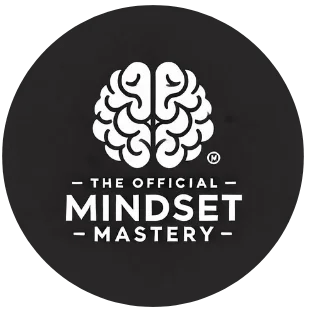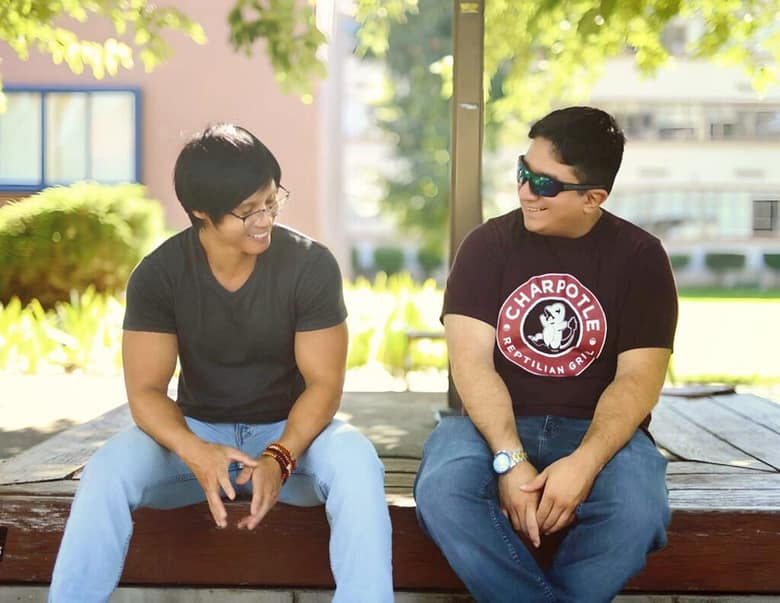In recent years, resilience training classes have become more popular as more people realize how important it is to have strong mental health when dealing with life’s challenges. The goal of these programs is to give people the tools they need to bounce back quickly from problems, deal with stress in healthy ways, and keep an upbeat attitude even when things are bad. We don’t naturally have strong minds, but we can get stronger by training and practicing. This means that these programs are useful for people from all walks of life. The American Psychological Association says that organized programs that focus on controlling emotions, thinking positively, and dealing with stress can help people become more resilient.
This is the Penn Resilience Program (PRP)
The University of Pennsylvania made the Penn fortitude Program (PRP), which is one of the best known programs for building fortitude. This program is based on studies in cognitive-behavioral therapy and positive psychology. Its goal is to help people become more resilient by teaching them how to deal with problems, control their negative thoughts, and have a growth mindset. Studies have shown that the PRP greatly lowers depression and anxiety while also improving overall health. It has been used in many schools, companies, and the military. University of Pennsylvania research shows that people who finish the PRP say their mental health is better and they are more able to deal with problems.
The Company for Resilience Development
The Resilience Development Company has training programs for both people and groups that are meant to help them do well in high-pressure situations. Their courses are customized to meet the needs of each student, whether it’s for personal growth or business training. The main goals of these courses are to improve emotional intelligence, stress management, and the ability to think in new ways. This program is different because it uses a hands-on, practical method with real-life simulations and exercises to teach people how to use resilience strategies in their everyday lives. According to a study by the Resilience Development Company, 85% of those who took the course said it made a big difference in their ability to deal with stress and adjust to change.
The Project to Bounce Back
Another well-known resilience training program is the Bounce Back Project, which teaches people how to get over losses, make friends, and keep their mental health in good shape. This program was first made to help healthcare workers deal with the high amounts of stress and emotional strain that come with their jobs. It has since been used by people in other fields as well. The Bounce Back Project stresses that being grateful, optimistic, and kind to yourself are all important parts of being resilient. Mayo Clinic research has shown that people who take part in the Bounce Back Project have better mental health, less stress, and more happiness in their lives.
“The Road to Resilience” by the APA is a book about mental health
The American Psychological Association’s (APA) Road to Resilience program is a full, self-paced course that gives you useful tools and tips for becoming more resilient. The program works on important things like controlling your emotions, taking care of yourself, and making strong social connections. The APA’s program is different because it focuses on self-awareness and emotional intelligence. This helps people understand how they react to stress and find better ways to deal with it. The American Psychological Association (APA) says that people who finish the Road to Resilience program say they are much better able to deal with stress and get back on their feet after a setback.
The Institute for Resilience
People can improve their mental and emotional strength with the help of the Resilience Institute’s training programs, which combine scientific study with real-life exercises. The institute’s programs are meant to make people stronger on a physical, social, and mental level. This means that they can be used for both personal growth and business. Mindfulness techniques, physical health, and emotional intelligence are all important parts of The Resilience Institute’s unique way of teaching. A study by the Resilience Institute found that 92% of people who completed the training felt better about their mental health and ability to deal with stress.
MBRT stands for Mindfulness-Based Resilience Training
Mindfulness-Based Resilience Training (MBRT) is a program that combines mindfulness routines with techniques for building resilience to make people smarter. Through cognitive-behavioral methods and mindfulness meditation, this program teaches people how to stay in the present, deal with stress, and think more positively. MBRT is especially helpful for people who are dealing with long-term trauma, worry, or anxiety. According to studies from the University of Oxford, people who finished the MBRT program had much lower levels of stress, were better able to control their emotions, and were more able to deal with the challenges of life.
Comprehensive Soldier and Family Fitness (CSF2)
The U.S. Army created the Comprehensive Soldier and Family Fitness (CSF2) program as a way to help troops and their families become much stronger mentally and emotionally. This program combines training in resilience with methods for improving performance to help people become mentally tougher, better handle stress, and better control their emotions. People who take part in CSF2 learn how to deal with problems and keep their cool under pressure through a mix of classroom lessons, online learning modules, and hands-on activities. There is more psychological resilience and better overall health among soldiers who finish the CSF2 training, according to the U.S. Army.
Resilience Training at the Center for Creative Leadership
The Center for Creative Leadership (CCL) has programs to help leaders and executives who are under a lot of stress and pressure build their resilience. Their lessons are meant to give leaders the mental toughness they need to deal with problems, handle stress, and lead their teams through tough times. The CCL’s resilience training includes ways to control your emotions, deal with stress, and be an adaptable leader. Research from the Center for Creative Leadership shows that leaders who finish their resilience training classes are better able to deal with stress, have more emotional intelligence, and be happier with their jobs.
A book by Yale University called The Science of Well-Being
The Science of Well-Being course at Yale University isn’t really a resilience program, but it does have some parts that help build mental strength and resilience. This free online study is all about the science behind happiness and teaches people how to build resilience by creating healthier habits, being more positive, and having a growth mindset. According to Yale, people who finish the course say they are happier, more resilient, and have a more positive view of life.
List of References
The American Psychological Association. Getting kids and adults to be more resilient. University of Pennsylvania. Taken from APA. (2021). The Resilience Program at Penn. It was taken from the UPenn Resilience Development Company. (2019). Training in resilience for people and businesses. This was taken from Resilience Development.
This year, Mayo Clinic. The Bounce Back Project: A Way to Get Stronger. Get it from the Mayo Clinic.
There is an American Psychological Association. (2020). The program called “Road to Resilience.” Get this from the APA: Resilience Institute. Programs that teach resilience in a broad sense. Taken from the Resilience Institute.
College of Oxford. (2019). Research on Mindfulness-Based Resilience Training. Get it from Oxford.
Army of the United States. Comprehensive Soldier and Family Fitness (CSF2). Found at the Center for Creative Leadership of the US Army in 2021. Leadership programs that teach resilience. It was taken from CCL.
University of Yale. (2020). The Study of Happiness. Get it from Yale.





